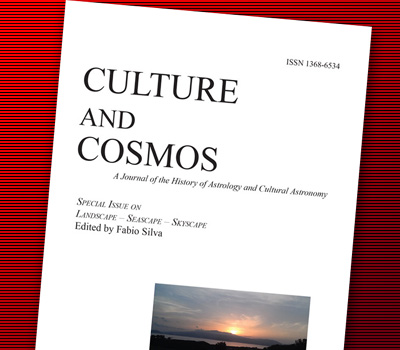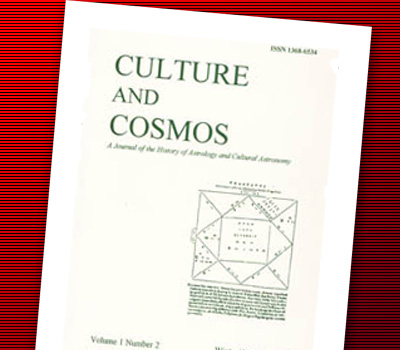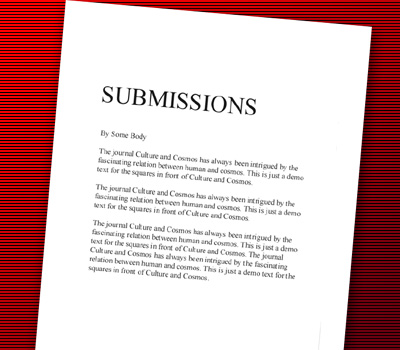We are currently seeking submissions for future volumes of Culture and Cosmos.
Volume 18 - 2
Ilm-i nudjum and Eighteenth-Century Ottoman Court Politics
R. Hakan Kirkoğlu
Abstract
Astrologers (munajjims) who were responsible for preparing calendars and calculating prayer times secured a bureaucratic position in the Ottoman court from the times of Bayezid II (1481-1512). In the early modern Muslim world, an astrologer was the time expert whose time concept was symbolic, eschatological and millennial. The yearly predictive works (ahkams), produced and submitted to the sultan and the ruling elite every Spring (Newruz), were intended to serve as political guidelines as well as an agenda for court members. In their yearly judgements, astrologers often highlighted sensibilities of the sultan and refrained from using expressions which could create potential unrest in different layers of his administration. In this study, I investigated the works of eighteenth century chief-astrologer Halil Efendi who served under three sultans: Mahmut I (1730-1754), Osman III (1754-1757) and Mustafa III (1757-1774). Halil Efendi was a companion to Mustafa III, and his yearly predictions reveal how he was influential in court politics before the war against the Russians (1768-1774).
Citation
R. Hakan Kirkoğlu, 'Ilm-i nudjum and 18th century Ottoman Court Politics', Culture and Cosmos, Vol. 18, no. 2, Spring/Summer 2014, pp. 125-141.









